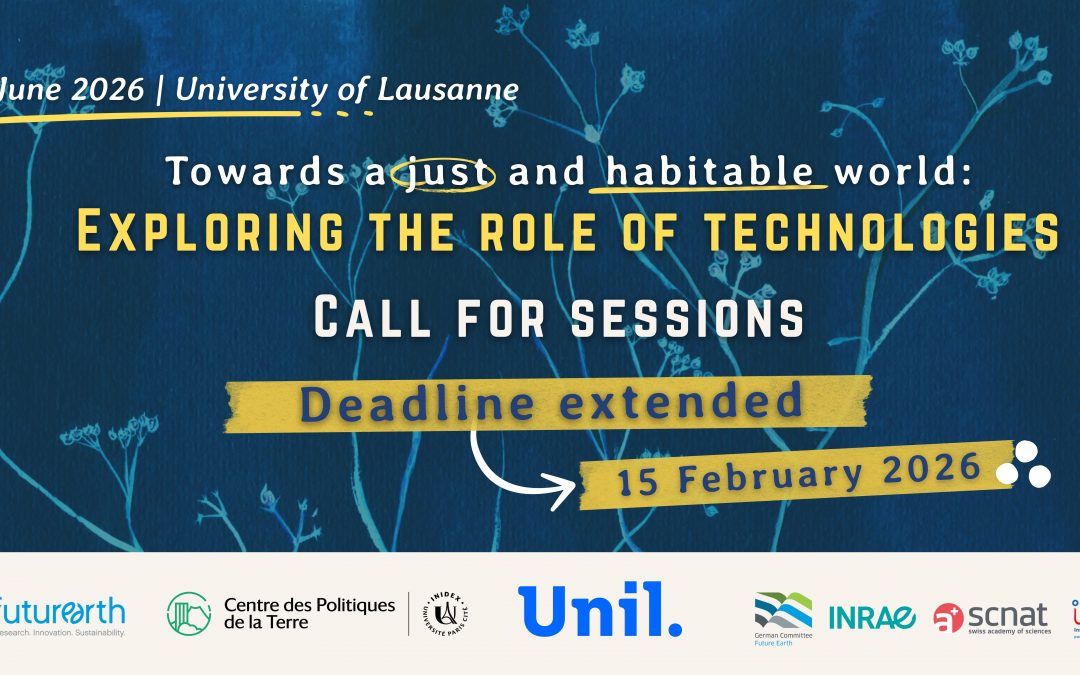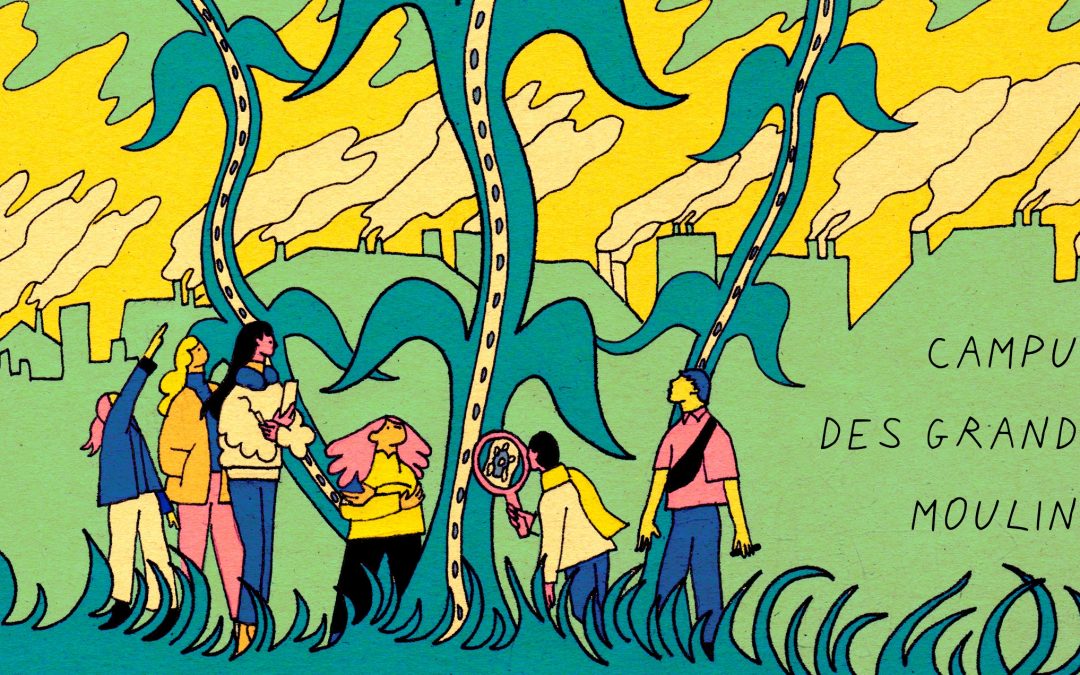Du 25 au 27 septembre 2024, le NERI (NUS) et le groupe de recherche sur les politiques environnementales du LIEPP (Sciences Po, Université Paris Cité) ont organisé un atelier « Heat Island and critical environmental thresholds: comparing the Singapore and the Ile-de-France Region », avec le soutien du programme 2024 PHC Merlion et en partenariat avec l‘Institute for Environment and Sustainability (NUS) et le Centre for Earth politic.

© Tous droits réservés
Urban warming is expected to increase in the context of climate change, with dramatic effects on urban social and natural ecosystems. Bringing together a diverse range of disciplines, with scientist from both the academic and the policy fields, in Singapore and the Paris Ile-de-France Region, this Merlion workshop aims at examining how the Urban Heat Island phenomenon has been approached by science
and policymakers, in the process of attuning the experimental findings to the imperatives brought by climate change and city life.
It does so by comparing two large metropolitan areas, Singapore and Paris Ile de France region, through the following sets of questions:
– Are ecosystemic imperatives and city development objectives compatible overall today?
– Supporting business-as-usual approaches or initial environmental responses from the 2000s has become increasingly challenging in the face of enhanced scientific knowledge and tangible critical thresholds of climate change. How can local government and city environments navigate the formidable challenge of rising temperatures and today’s better-known consequences? What specific measures are being considered and implemented in Singapore and in the Paris Region?
– The Urban Heat Island effect has been studied across different disciplines, yet: What do we know and what are the remaining blind spots?
How can these be addressed through interdisciplinary research? What efforts are needed to bridge the gap between scientific knowledge, policy processes and governance? Combining social and experimental sciences, distinct methodological approaches, and ultimately different vantage points, the workshop brings about a non-traditional enquiry line that have already shown potential in previous collaborations under the Paris-NUS programme. The current research and takeaways from practitioners that have already taken place in the two cities, both separately and in cooperation, provides an ideal departing base. The workshop also includes dedicated time to engage with policy makers, experts, and the student community. Some sessions will be organized in a hybrid mode to congregate a substantive participation from colleagues and students in Singapore and other distant locations.
More specifically, this workshop will bring together the knowledge and expertise of LIEPP’s environmental policies research group and NUS, in order to achieve the following objectives:
1. To assess the disconnect between ambitious environmental policy objectives and their enactments through UHI related plans and the selection of scientific triggers and thresholds;
2. To explore the disruptive impact of new science, technologies and stakeholders and the extent to which the issue of UHI has changed in relation to these;
3. To examine evolving environmental policy capacities in both Paris IDF and Singapore (whereas relating to national or local governance) in relation to setting local climate action plans that address urban heat;
4. To carry out this research in a highly interdisciplinary environment, to lay the foundations for a joint exploration of UHI and its impacts by bringing together Earth sciences, Engineering and Social sciences and Humanities.
Workshop co-hosts: Charlotte Halpern (Sciences Po, CEE and LIEPP) and Lup Wai Chew (NERI and Department of the Built Environment, NUS). Organising committee : Alvaro Artigas (research associate at Sciences Po, CEE), Nathalie Blanc (CNRS, LADYSS & Centre des politiques de la terre), Alexandre Gelabert (Aix Marseille Université, CEREGE), Martin Hendel (ESIEE Paris, LIED, LIEPP), Andreana Khristova (LIEPP, Sciences Po), Lai Yoke Lee (NUS, NERI), Anne-Sophie Milon (Centre des politiques de la terre, Université Paris
Cité), Sanjay Swarup (NERI and Department of Biological Sciences, NUS).
À lire aussi

Offre de contrat doctoral « Habitabilité et reproduction sociale : approche de genre et territorialisée »
Dans la continuité de leurs collaborations scientifiques autour des enjeux environnementaux et de genre, le Centre des Politiques de la Terre et la Cité du Genre s’associent pour proposer conjointement un contrat doctoral sur le sujet : "Habitabilité et reproduction...

Le vivant indiscipliné : quand les infrastructures perdent le contrôle
Le 18 février 2026, le Centre des Politiques de la Terre, l'ENPC et l'Unil, vous invitent à une journée d'étude sur les rapports entretenus entre les infrastructures et le vivant. Elle aura finalement lieu en salle 027C de la halle aux farines (bâtiment du campus des...

Towards a just and habitable world: exploring the role of technology
Le Centre des Politiques de la Terre est heureux de vous annoncer qu’il co-organise une conférence européenne à l’Université de Lausanne du 2 au 5 juin 2026 intitulée : « Towards a just and habitable world: exploring the role of technology ». Événement dont nous sommes à l’initiative avec Future Earth et l’Unil.

Centre des Politiques de la Terre : un nouveau cycle
L'événement de renouvellement du Centre des Politiques de la Terre a été l'occasion de réaffirmer sa raison d'être et les priorités de ses axes de recherche. Ce moment a été l'occasion de faire le bilan sur les projets passés et à venir, de penser le futur...

Commentaires récents